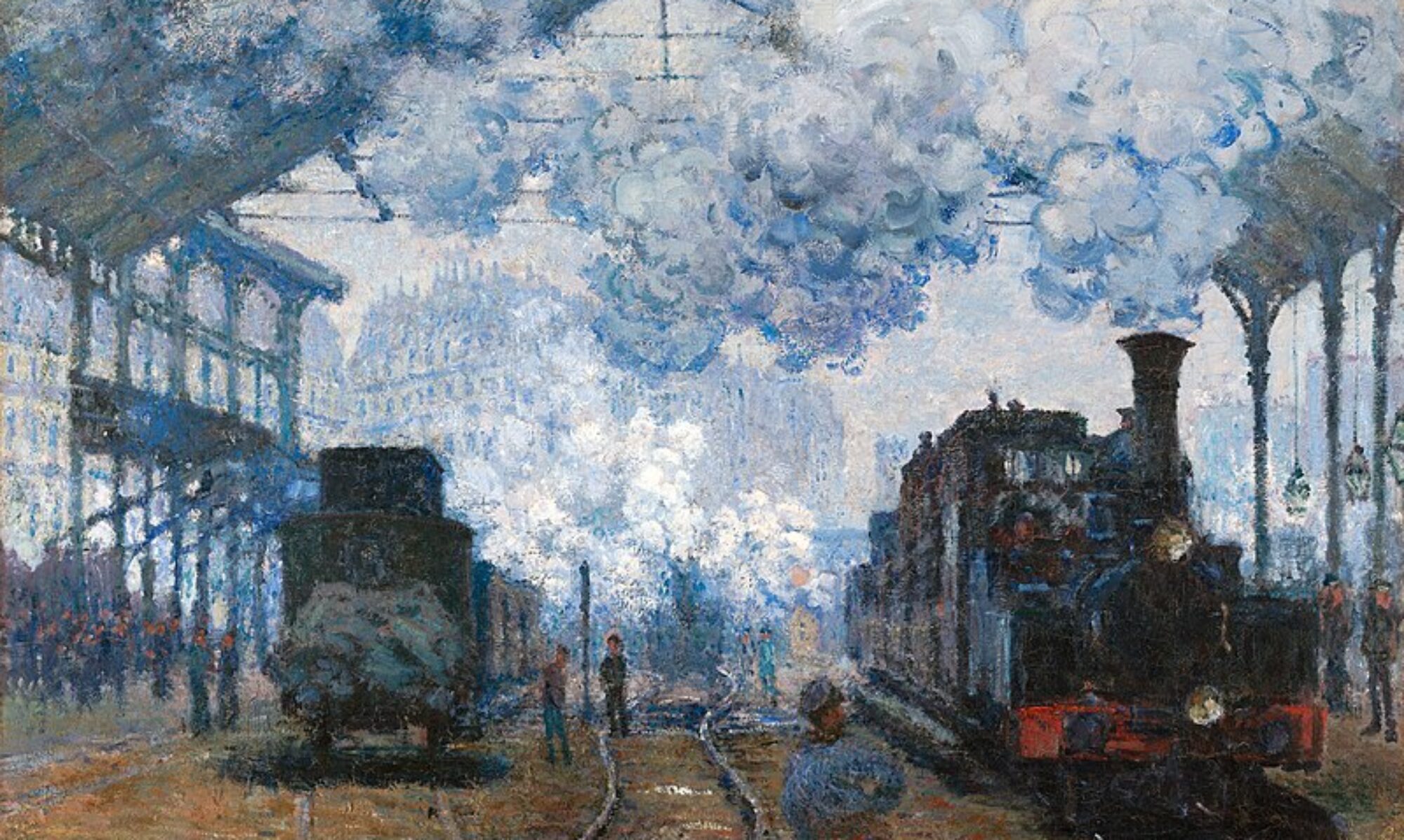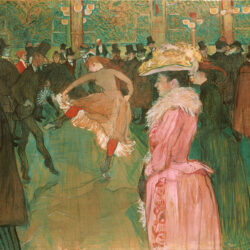In Zola’s J’accuse, he openly declares his support for Alfred Dreyfus and asserts that he is innocent. He also accuses the first and second court marshal of covering up the facts, and acquitting a man they knew to be guilty. In doing so, he acknowledges, “I am fully aware that my action comes under Articles 30 and 31 of the law 29 July 1881 on the press, which makes libel a punishable offense. I deliberately expose myself to that law.” (pg. 214)
Zola is publicly addressing the President, very publicly accusing the people running the trial, and aligning himself with a man who was convicted of spying for the enemy. He does this with the full knowledge of what laws he is violating, and that he will likely serve time for this. How does this help his argument? Does it make it more convincing? Why would he go to such lengths to help prove Dreyfus’s innocence, and Esterhazy’s guilt?


I believe that this helps his argument by showing that Zola is so firm on his belief that Dreyfus is innocent that he is willing to put everything he has on the line as well. Men in power will see his resolve and hopefully understand that Zola would not risk everything he had for a guilty man. As a man who believes so much in the law Zola does not wish to see an innocent man pay for consequences that do not belong to him.